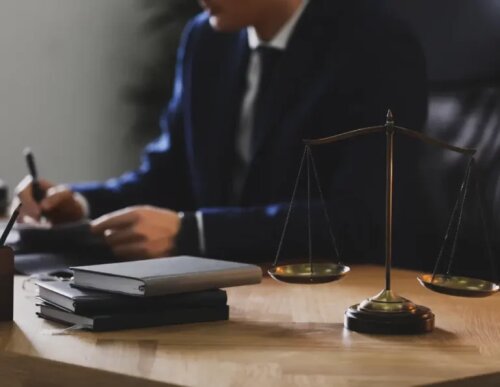Best Truck Accident Lawyers in Charlotte
Share your needs with us, get contacted by law firms.
Free. Takes 2 min.
List of the best lawyers in Charlotte, United States
About Truck Accident Law in Charlotte, United States:
Truck accidents can have devastating consequences, often resulting in serious injuries or even death. In Charlotte, United States, the laws surrounding truck accidents can be complex, and it is important to seek legal advice if you have been involved in an accident with a commercial truck.
Why You May Need a Lawyer:
There are several situations where you may need a lawyer after a truck accident. These include determining liability, negotiating with insurance companies, and seeking compensation for medical expenses and lost wages. A lawyer can help ensure that your rights are protected and that you receive the compensation you deserve.
Local Laws Overview:
In Charlotte, United States, the legal system recognizes that truck accidents can be particularly dangerous due to the size and weight of commercial trucks. There are specific laws and regulations that govern the operation of commercial vehicles, as well as the liability of trucking companies and drivers in the event of an accident. It is important to be aware of these laws when seeking legal advice after a truck accident.
Frequently Asked Questions:
1. Can I sue the truck driver for damages after a truck accident?
Yes, you can sue the truck driver for damages if they were at fault for the accident.
2. How long do I have to file a lawsuit after a truck accident in Charlotte?
In Charlotte, the statute of limitations for filing a personal injury lawsuit after a truck accident is typically three years.
3. What should I do immediately after a truck accident?
Seek medical attention, report the accident to the police, gather evidence, and contact a lawyer as soon as possible.
4. How is liability determined in a truck accident case?
Liability in a truck accident case is determined based on negligence, which involves proving that the truck driver or trucking company failed to exercise reasonable care.
5. What types of compensation can I receive after a truck accident?
You may be eligible to receive compensation for medical expenses, lost wages, pain and suffering, and property damage.
6. Can I still recover damages if I was partially at fault for the truck accident?
Yes, you may still be able to recover damages, but the amount you receive may be reduced based on your level of fault.
7. Will my case go to court if I hire a lawyer for a truck accident?
Many truck accident cases are settled out of court, but your lawyer will be prepared to take your case to court if necessary.
8. How much does it cost to hire a lawyer for a truck accident case?
Many personal injury lawyers work on a contingency fee basis, which means they only get paid if you receive a settlement or verdict in your favor.
9. Can I still file a lawsuit if the truck driver was not cited for the accident?
Yes, you can still file a lawsuit even if the truck driver was not cited for the accident.
10. What evidence is important in a truck accident case?
Important evidence in a truck accident case may include witness statements, photos of the accident scene, the police report, and data from the truck's black box.
Additional Resources:
If you need legal advice after a truck accident in Charlotte, consider contacting the North Carolina Advocates for Justice or the North Carolina Trucking Association for additional resources and information.
Next Steps:
If you have been involved in a truck accident in Charlotte, United States, it is important to seek legal advice as soon as possible. Contact a personal injury lawyer who specializes in truck accidents to discuss your case and determine the best course of action for seeking compensation for your injuries and damages.
Lawzana helps you find the best lawyers and law firms in Charlotte through a curated and pre-screened list of qualified legal professionals. Our platform offers rankings and detailed profiles of attorneys and law firms, allowing you to compare based on practice areas, including Truck Accident, experience, and client feedback.
Each profile includes a description of the firm's areas of practice, client reviews, team members and partners, year of establishment, spoken languages, office locations, contact information, social media presence, and any published articles or resources. Most firms on our platform speak English and are experienced in both local and international legal matters.
Get a quote from top-rated law firms in Charlotte, United States — quickly, securely, and without unnecessary hassle.
Disclaimer:
The information provided on this page is for general informational purposes only and does not constitute legal advice. While we strive to ensure the accuracy and relevance of the content, legal information may change over time, and interpretations of the law can vary. You should always consult with a qualified legal professional for advice specific to your situation.
We disclaim all liability for actions taken or not taken based on the content of this page. If you believe any information is incorrect or outdated, please contact us, and we will review and update it where appropriate.










